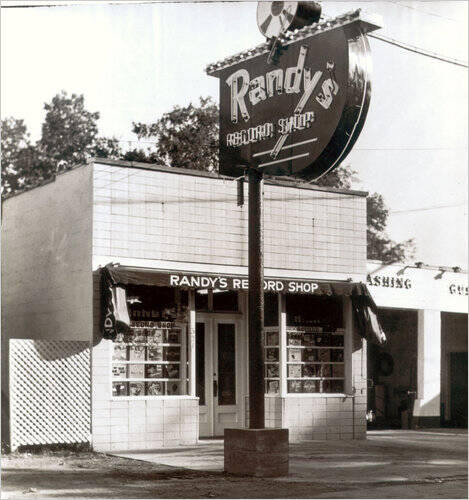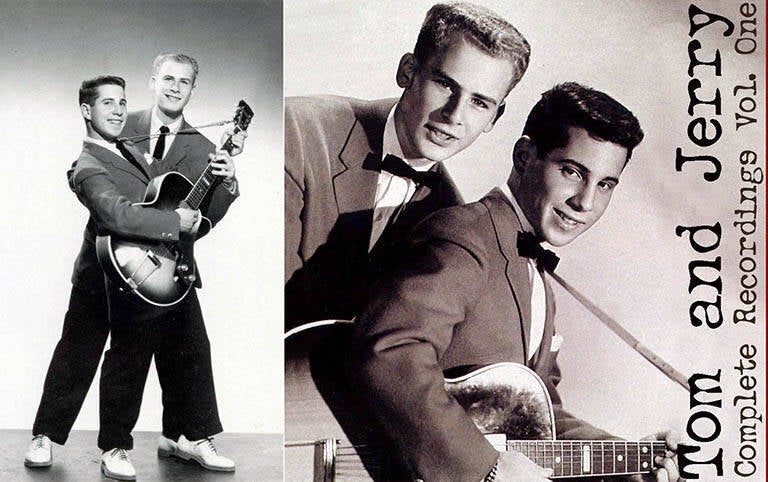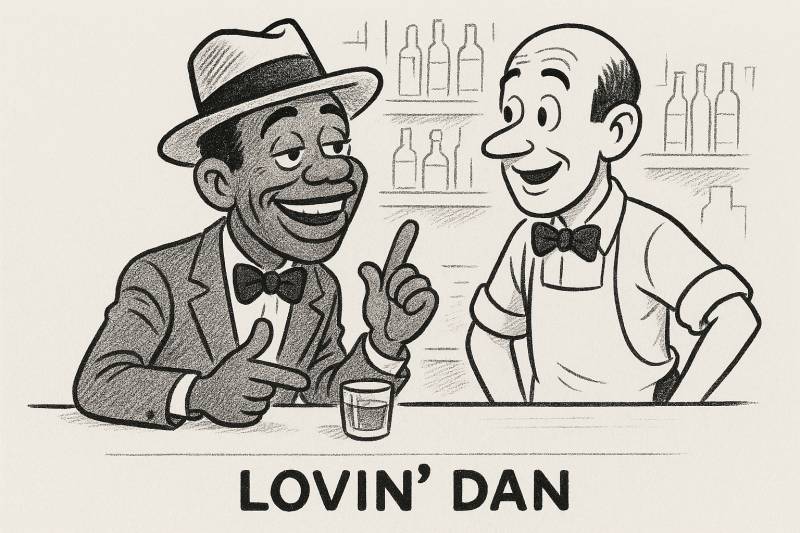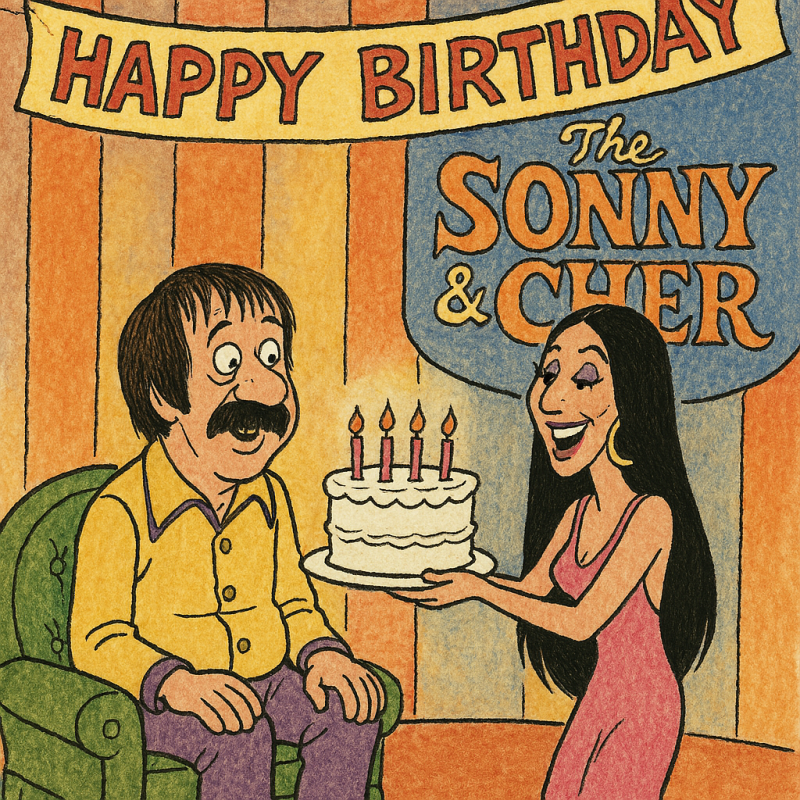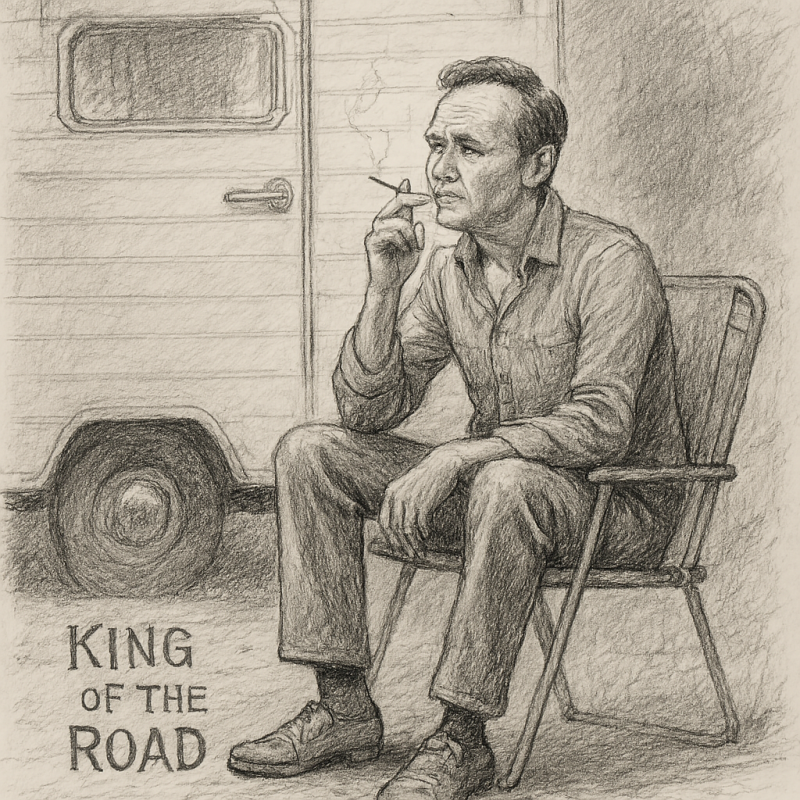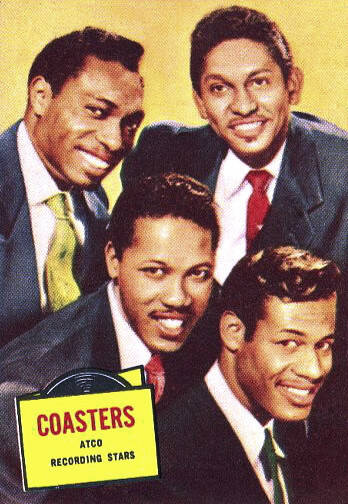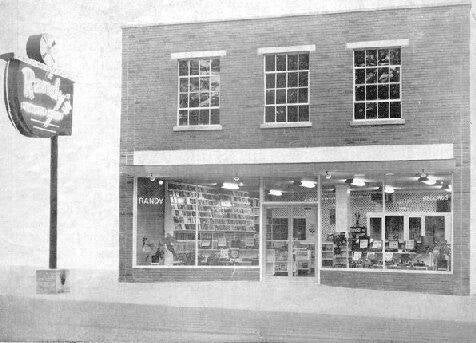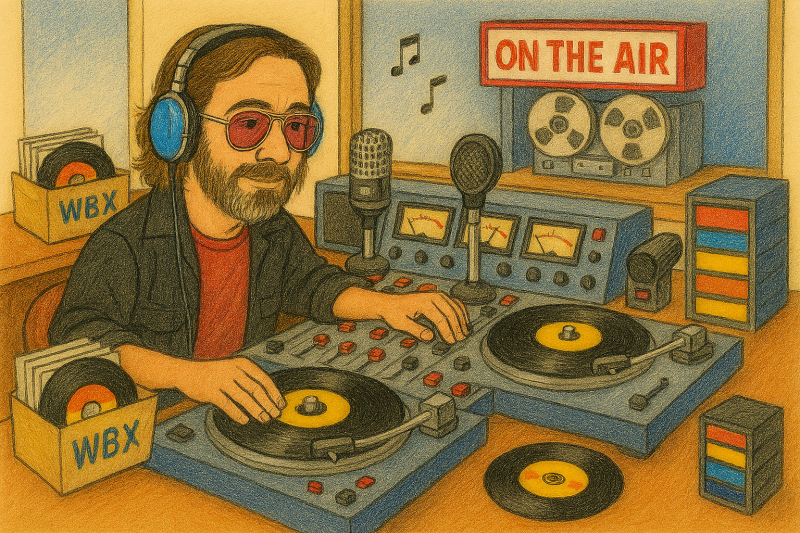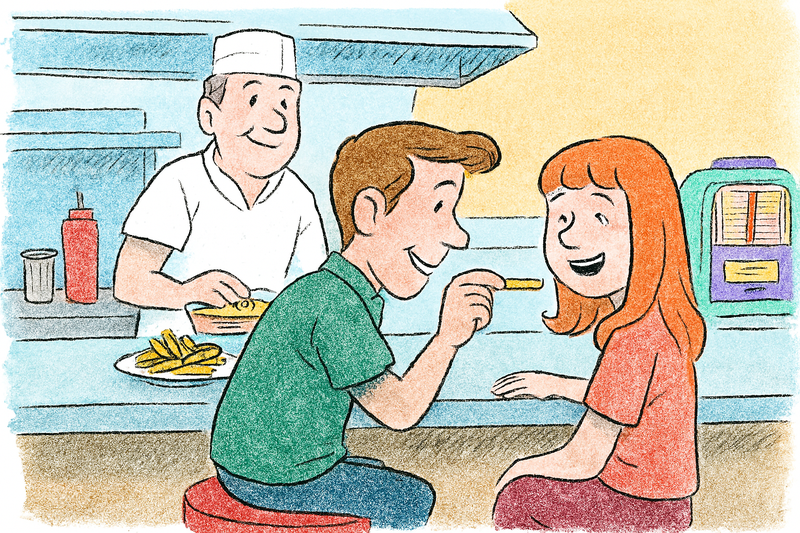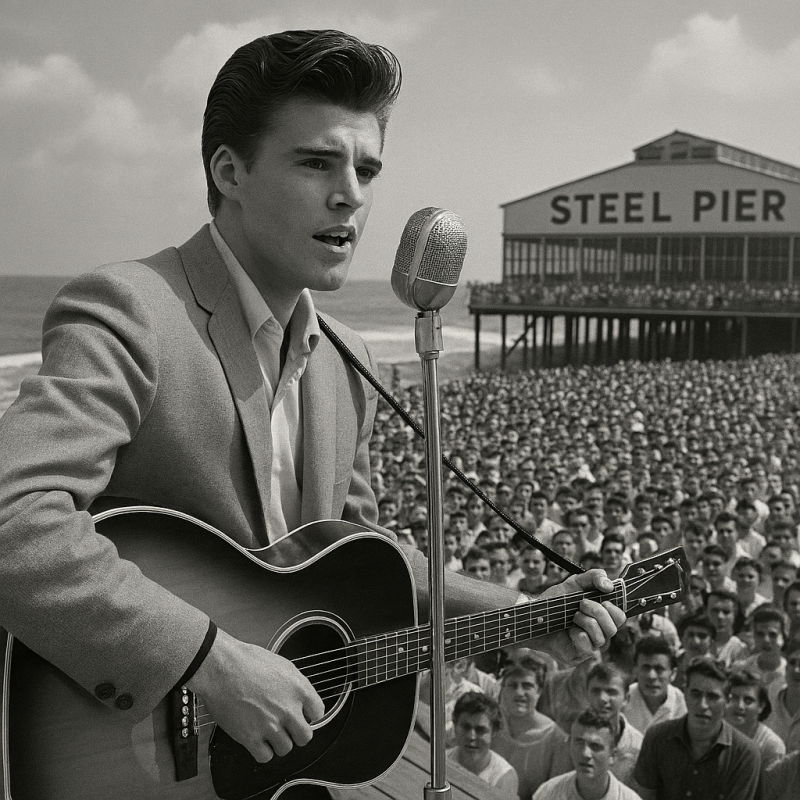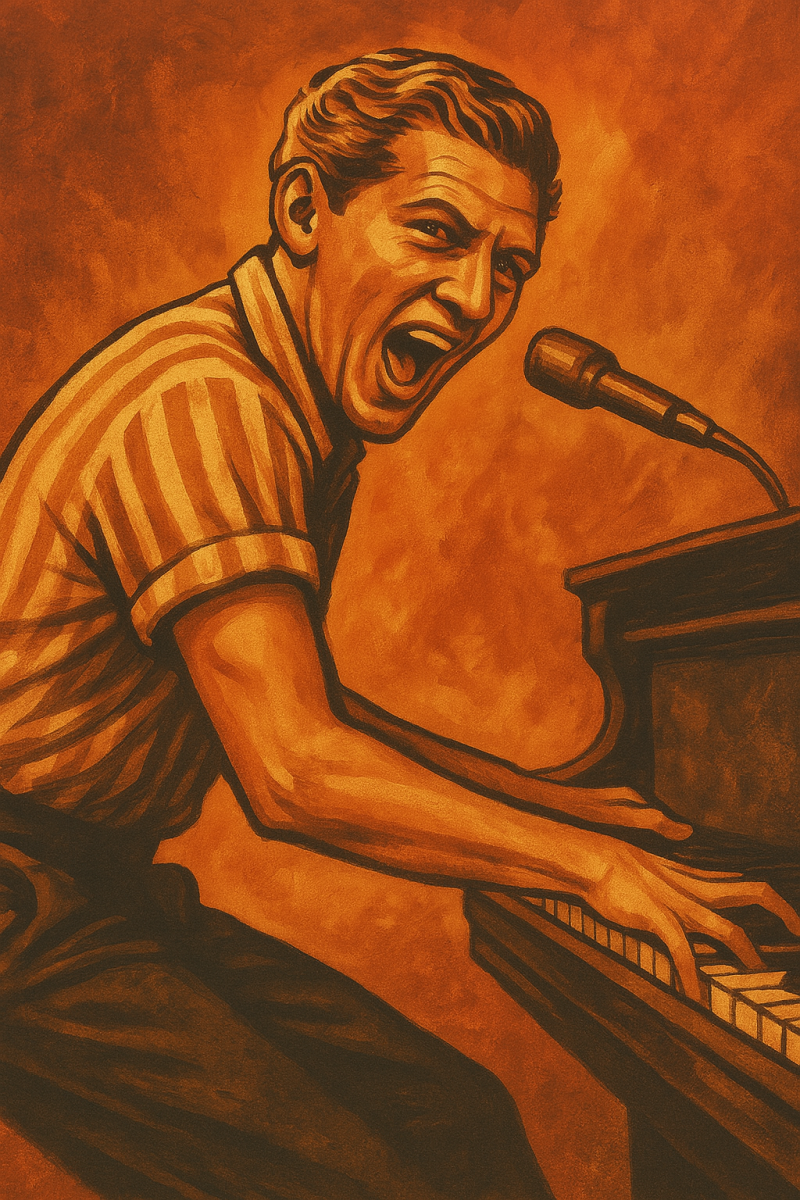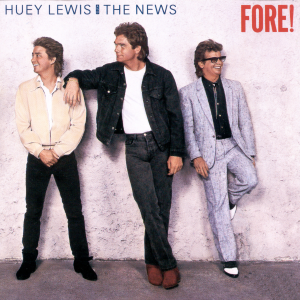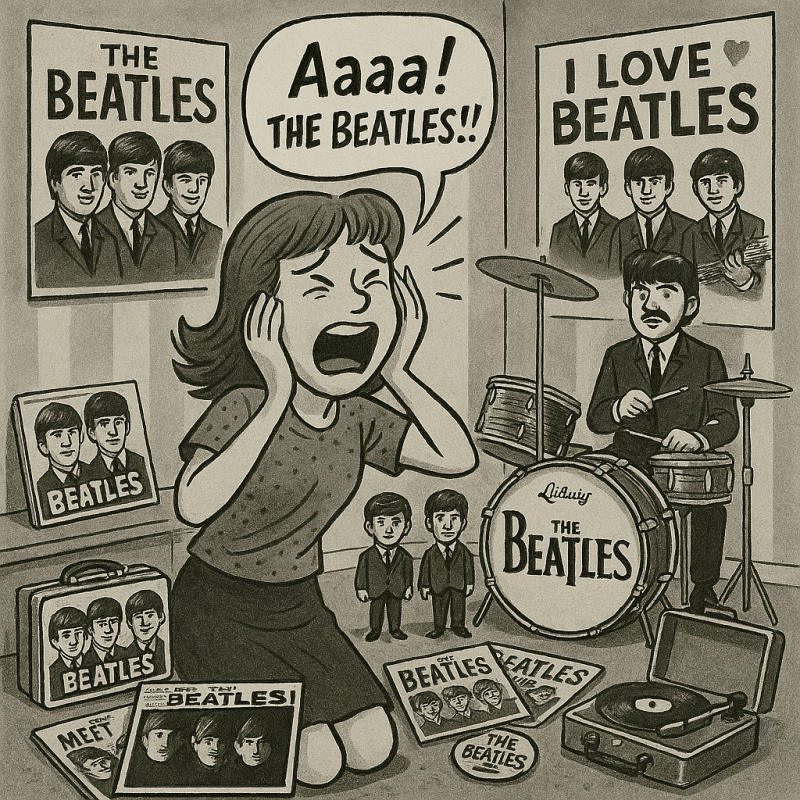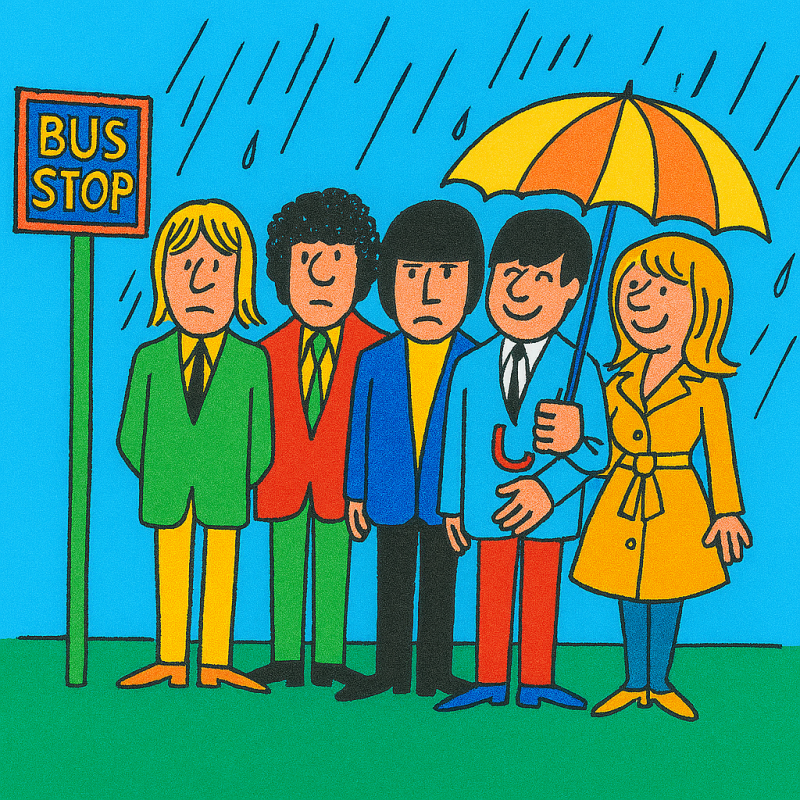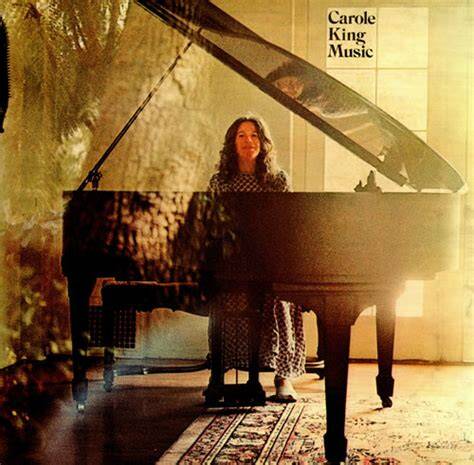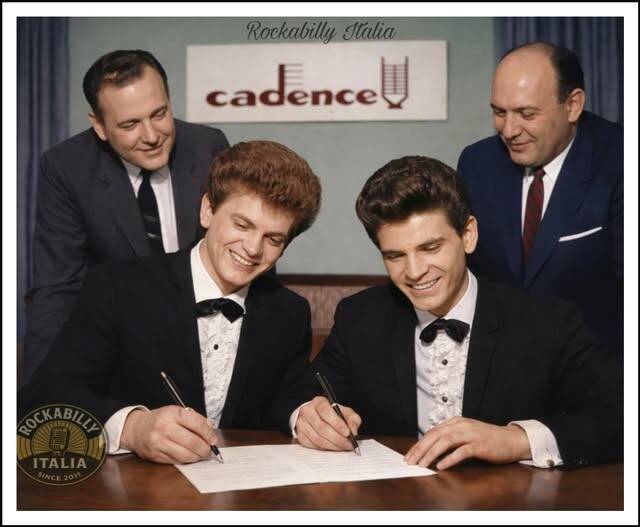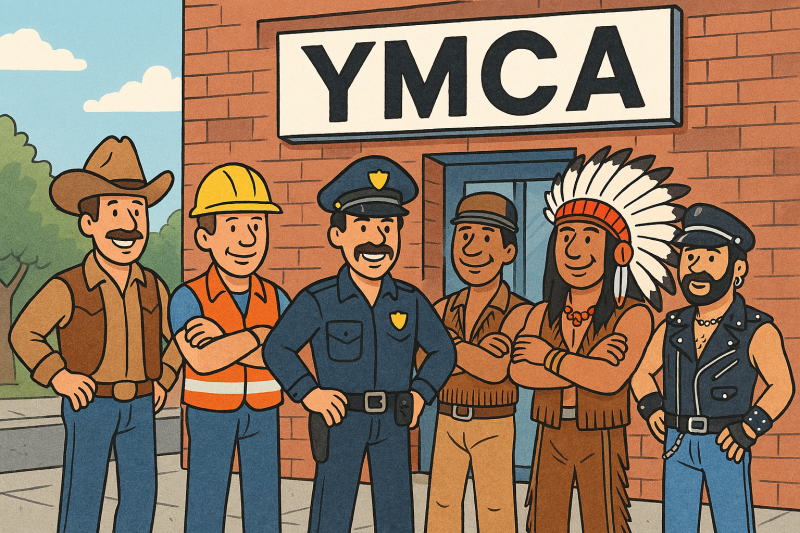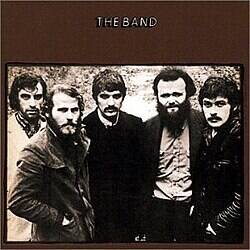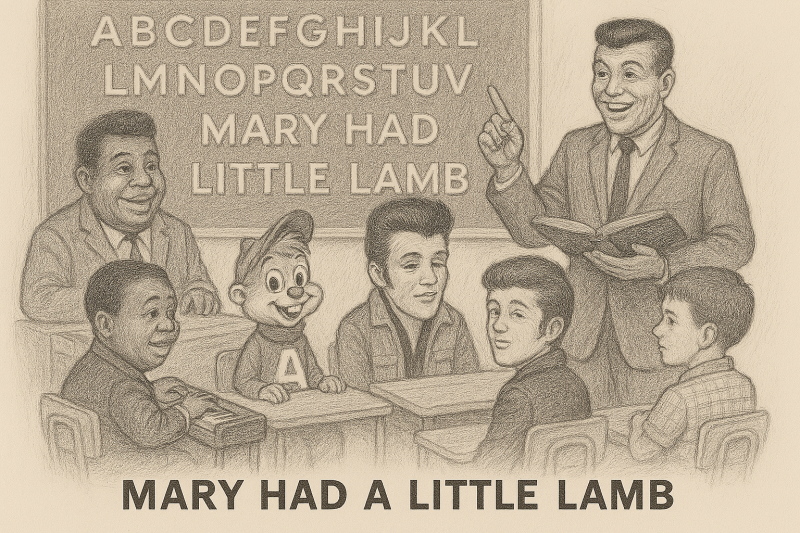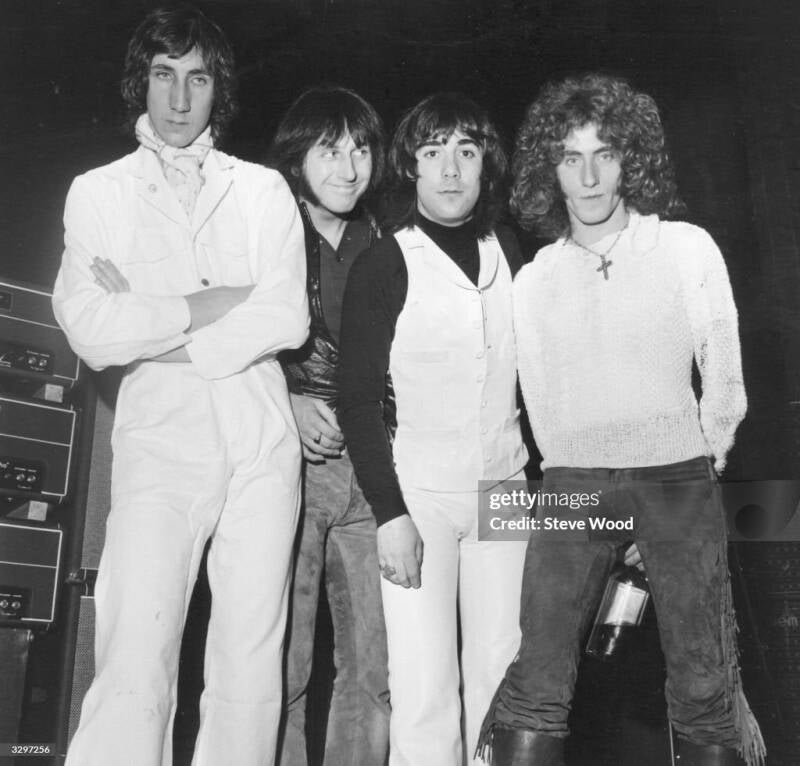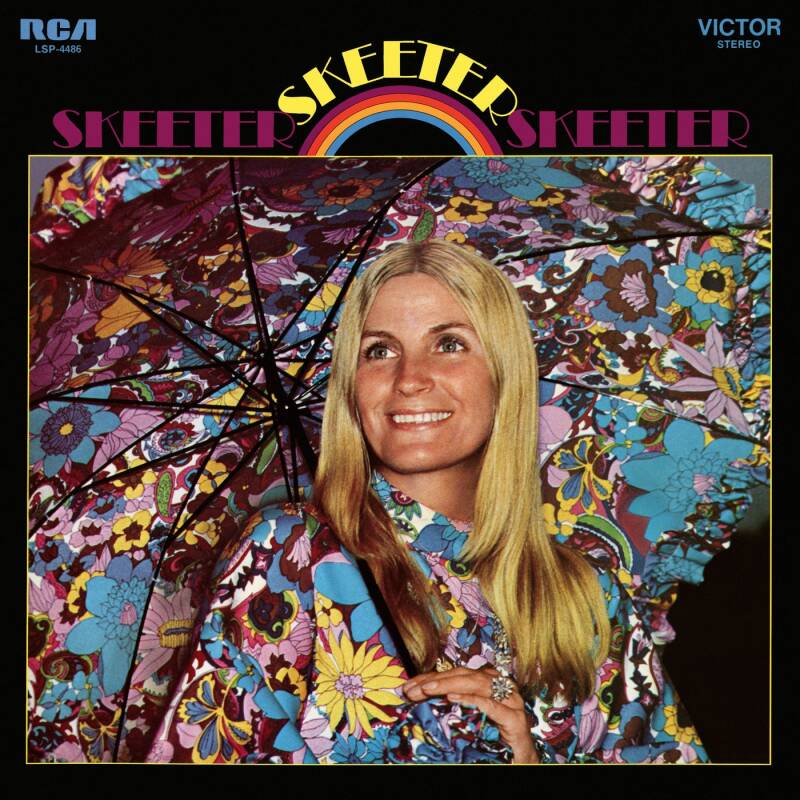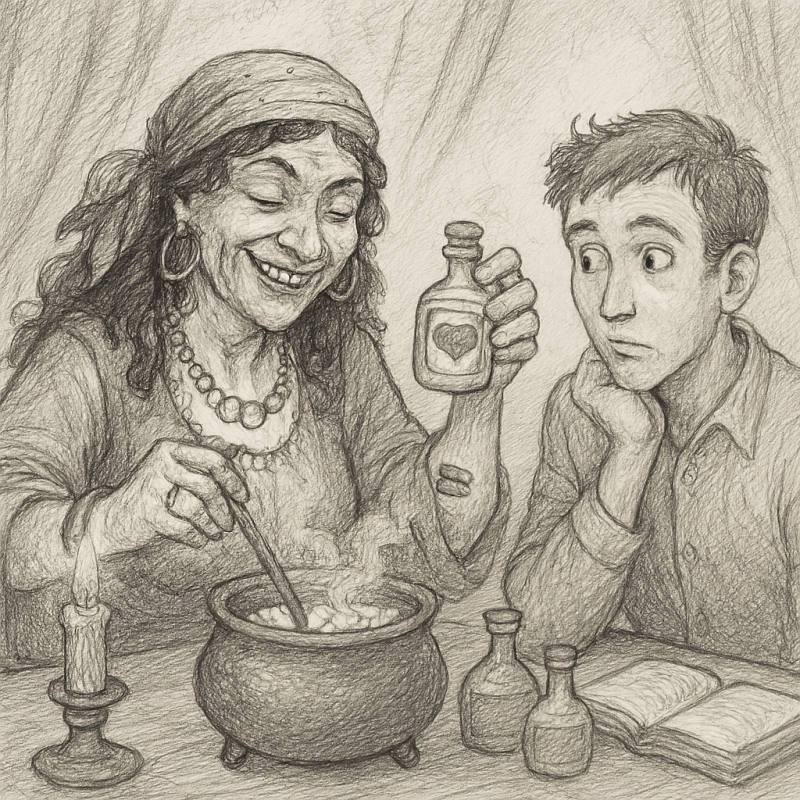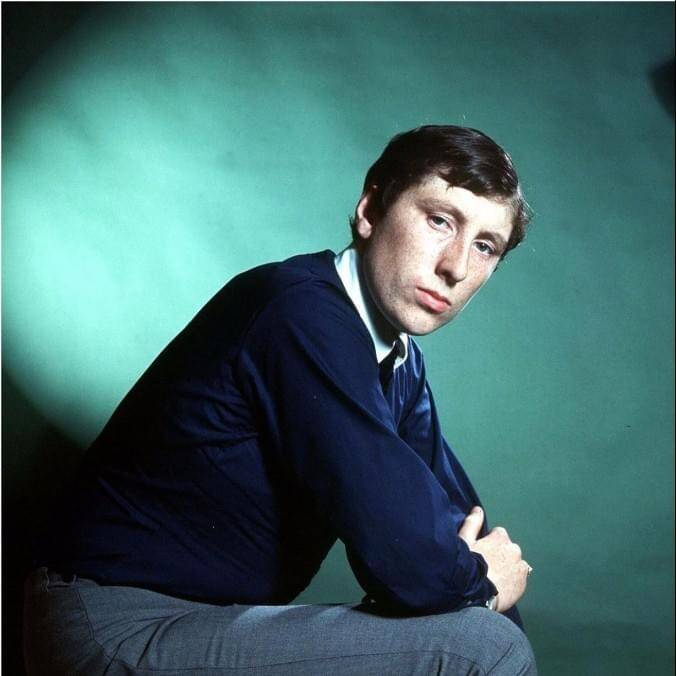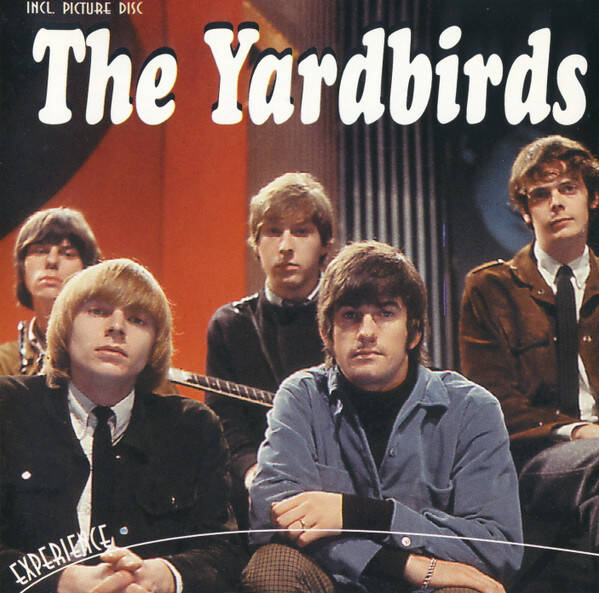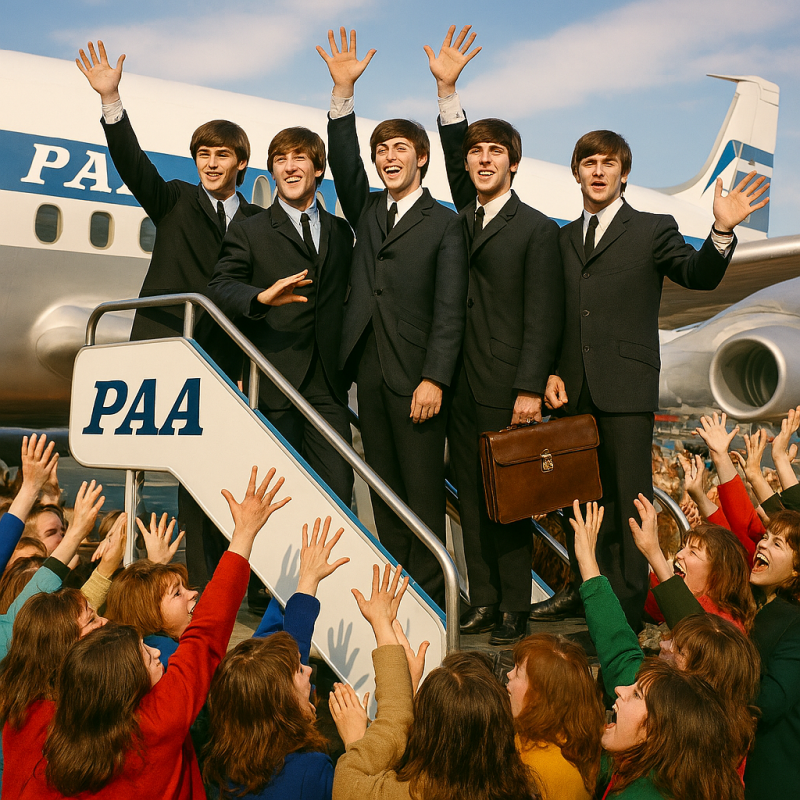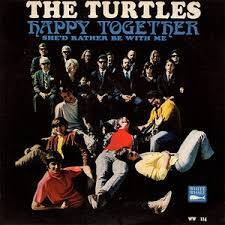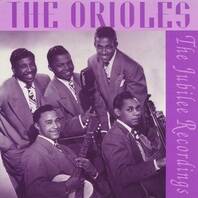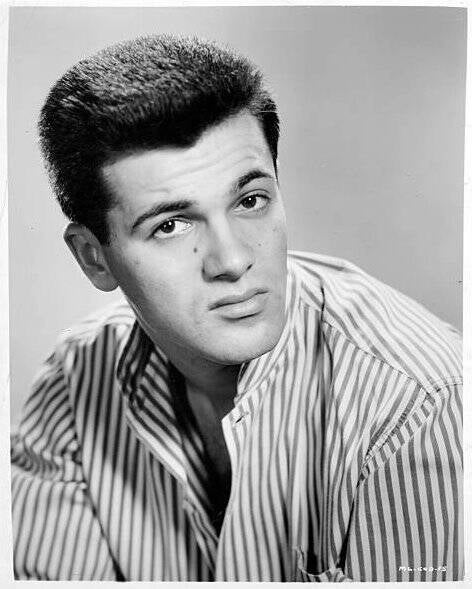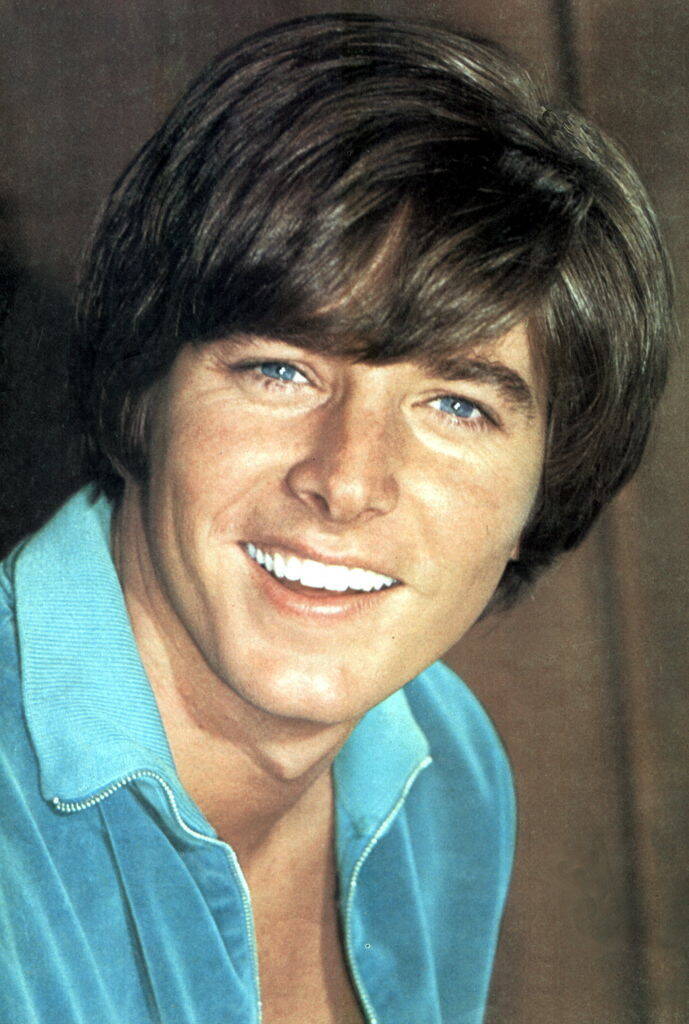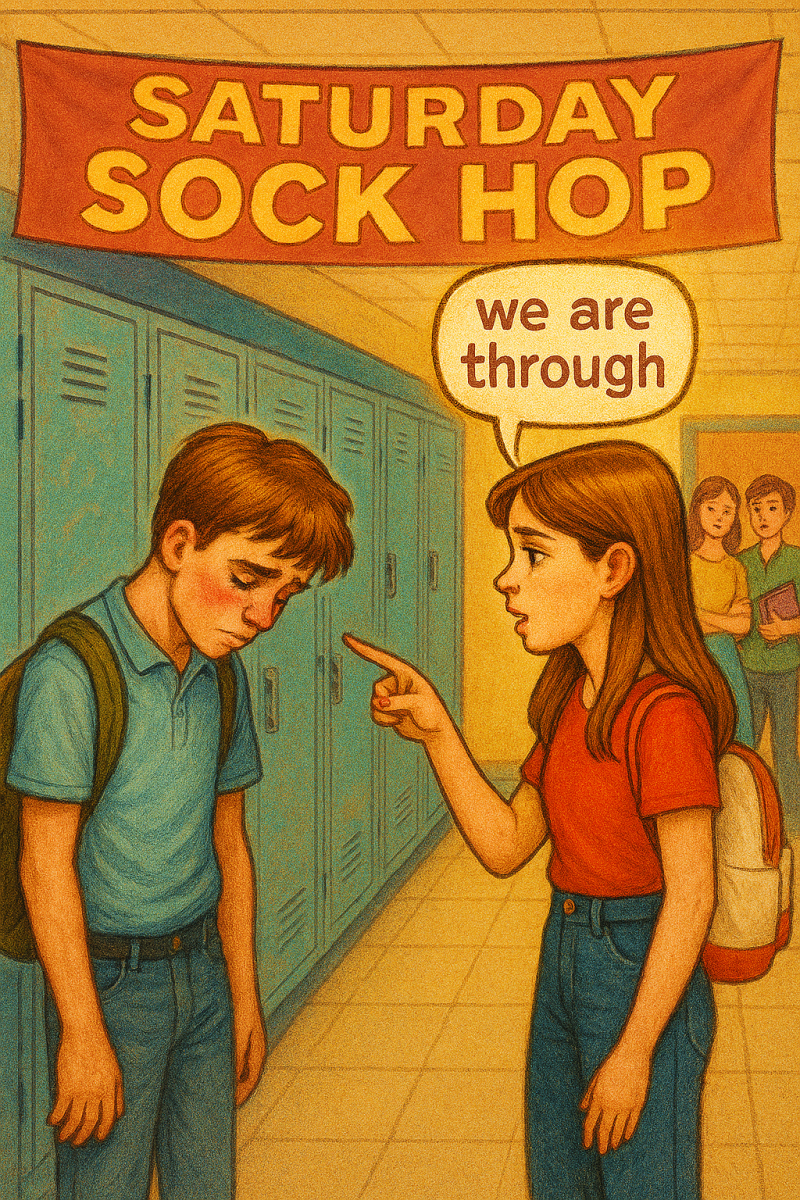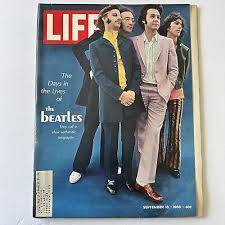Gold Star Oldies Radio Neil Sedaka RIP
March 3 2026
Broadcast Bulletin (Daily Updates)
Album Showcase
Birthdays
Vault Vinyl's
Beatles and Elvis
Legacy and Lore
Visual Archives
Gold Star Oldies Radio Steaming Directories
Legends Remembered & Celebrated — Gold Star Oldies Tributes
March 1, 1958 — Buddy Holly and the Crickets begin their first and only U.K. tour at London's Trocadero Club, playing 25 dates of two sets a night in what would prove to be a major influence on the burgeoning British rock scene. Future groups pay their homage as the Hollies derive their name from him, the Beatles choose their name as a play on Crickets, and the Rolling Stones have their first major hit with Holly’s “Not Fade Away.”
March 2, 1942 — Charlie Christian (right), the first major electric guitar soloist, dies of tuberculosis at age 25. Influenced by horn players, he liberated the instrument from the rhythm section, turning it into a distinct solo voice equivalent to a saxophone or trumpet, in jazz specifically and in music generally, capable of the same levels of expressiveness and intensity. His music is embedded in the very core of all guitarlore, influencing blues, rock, country and popular electric guitarists for decades to follow.
1955 — Bo Diddley makes his first record in Chicago — his eponymous hit "Bo Diddley" on the Checker label — an R&B version of the traditional lullaby "Hush Little Baby" and the first popular American disc to introduce a West African rhythm now called "shave and a haircut."
March 3, 1956 — Singer-actress Gale Storm peaks at #10 with her version of Frankie Lymon and the Teenagers' #6 hit "Why Do Fools Fall In Love," the first time a white cover artist fails to top a black act on the pop charts.
1957 — The head of the Catholic archdiocese in Chicago, Cardinal Samuel Strich, forbids the playing of rock and roll in Catholic schools and recreational activities due to its "tribal rhythms" and "encouragement to behave in a hedonistic manner." Nevertheless, rock records continue to sell well in the area.
March 5, 1955 — Music publishing giant Broadcast Music, Inc. (BMI) responds to escalating complaints about suggestive R&B lyrics by announcing its commitment to increase surveillance of such lyrics.
— Elvis Presley performs on television for the first time, shaking his hips on a regional broadcast of The Louisiana Hayride.
1960 — Sgt. Presley is discharged from the U.S. Army and is hustled to Nashville, where he records "Stuck on You" b/w "Fame and Fortune," his first tracks in stereo.
1963 — Patsy Cline dies in a plane crash near Camden, Tennessee, when her manager-pilot fails to land their small Piper aircraft safely on a highway during bad weather. Perishing with them are country stars Cowboy Copas and Hawkshaw Hawkins. They were returning from Kansas City, Kansas, where, ironically, they had performed at a benefit for the family of a country music disc jockey killed in an automobile accident the month before.
Sources:
Eight Days a Week (Ron Smith)
On This Day in Black Music History (Jay Warner)
Chronology of American Popular Music, 1900-2000 (Frank Hoffman)
Birthdays Singers and Song Writers
Early Beatles News

1990 - Paul McCartney
During a world tour Paul McCartney played the first of 6 sold-out nights at the Tokyo Dome, Tokyo, Japan. The final night was broadcast live to venues in 10 other Japanese cities; Fukuoka, Hiroshima, Kumamoto, Matsuyama, Nagoya, Niigata, Osaka, Sapporp, Sendai and Takamatsu.
Visual Archive

